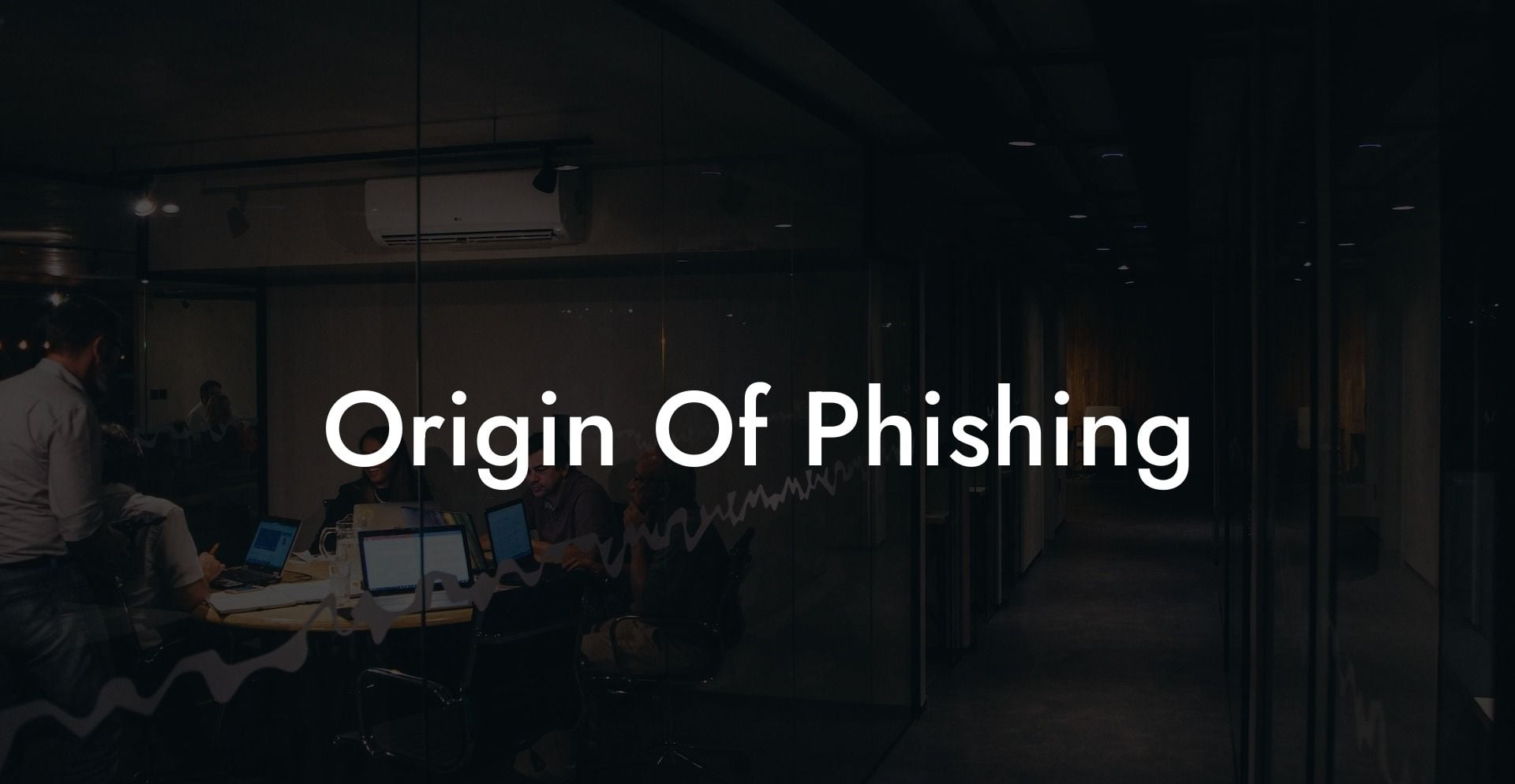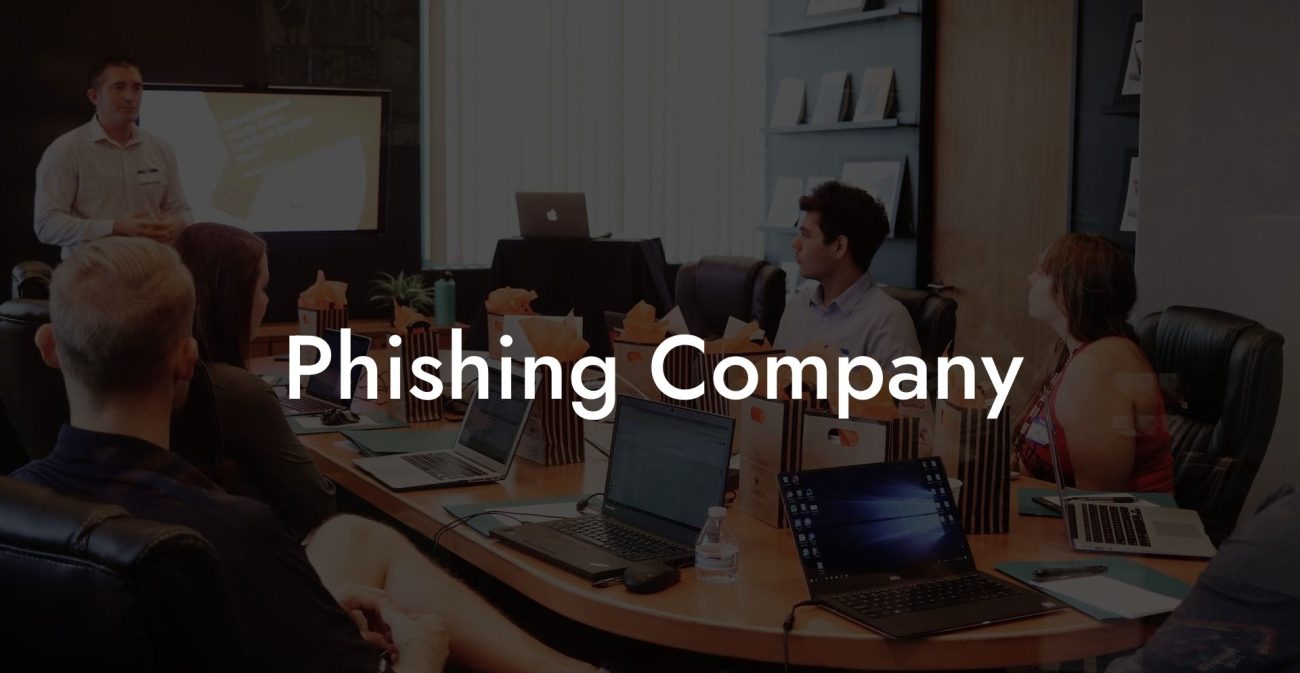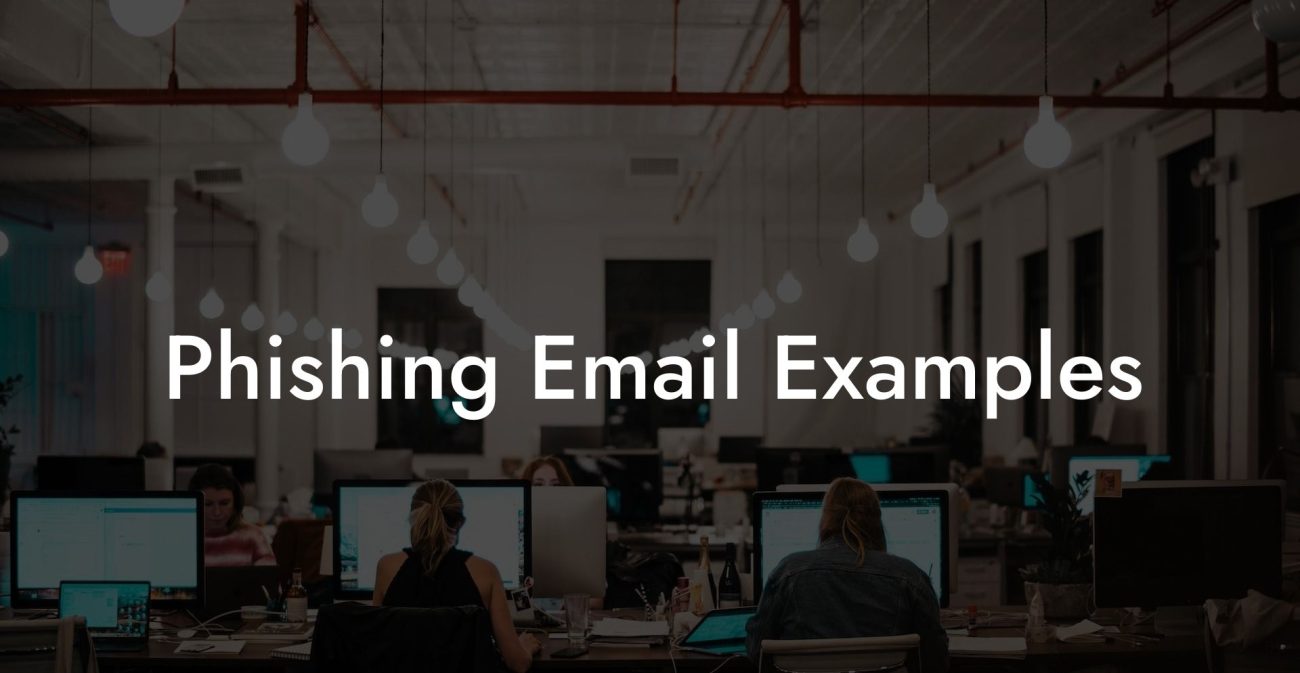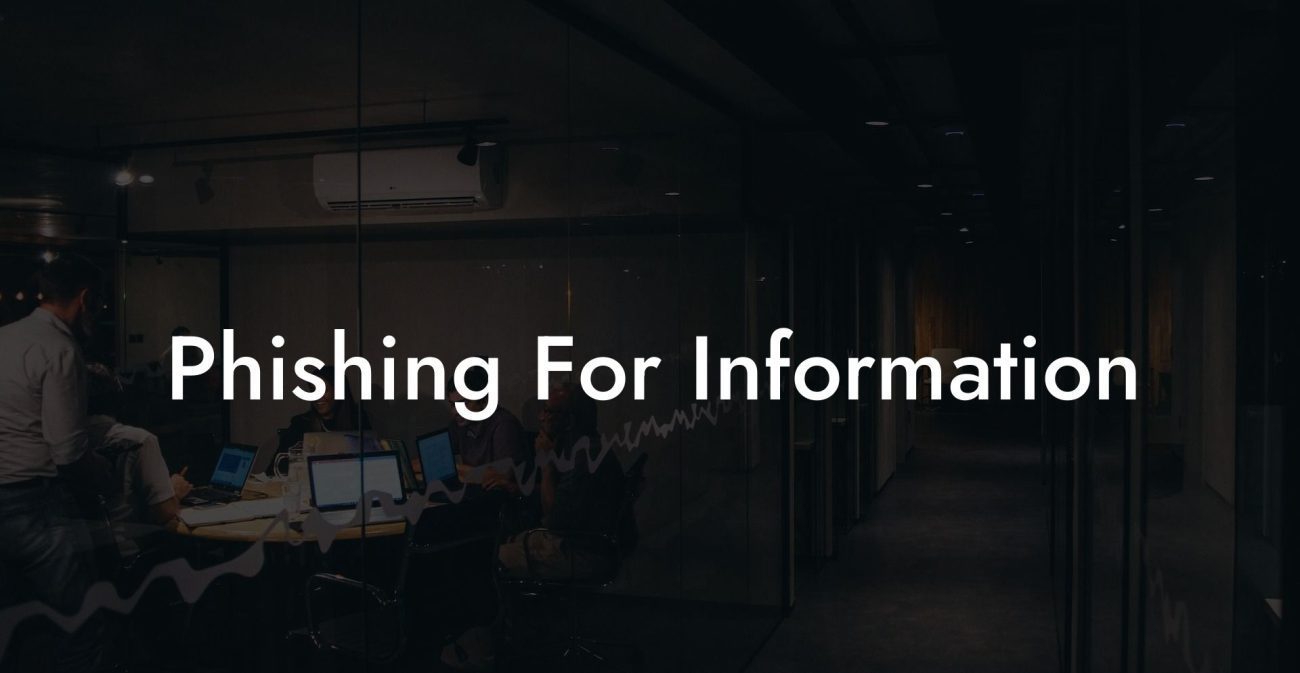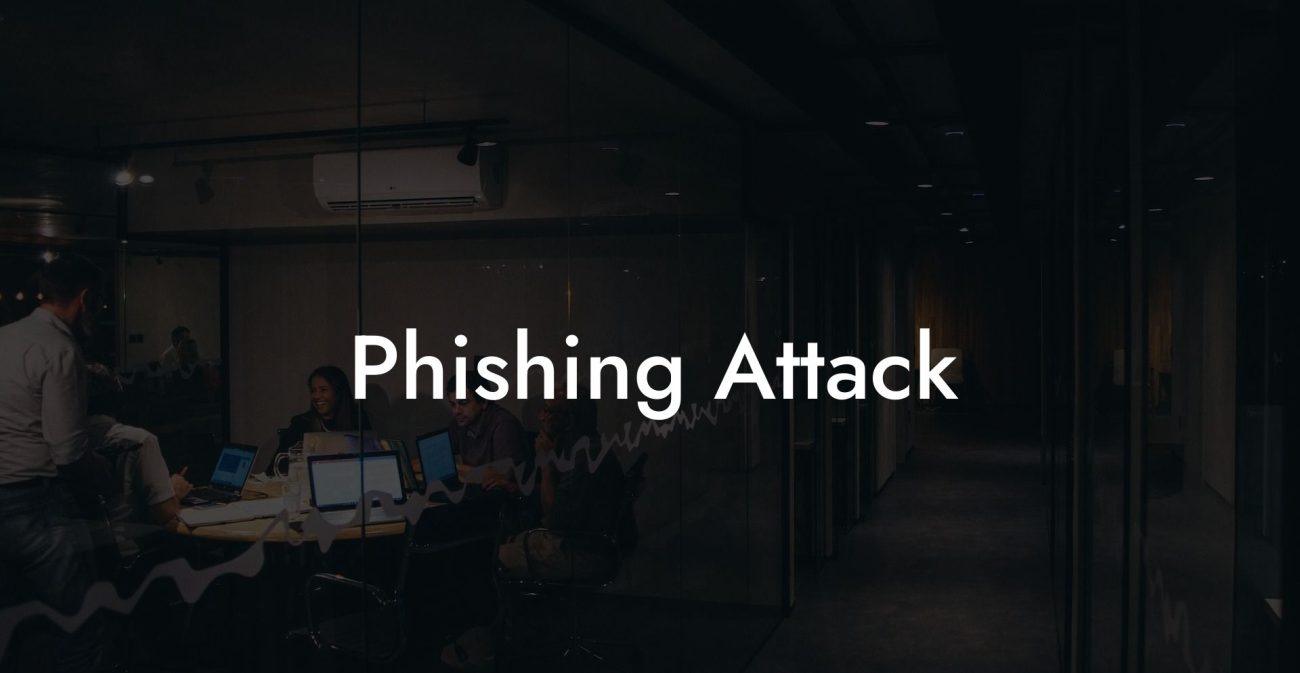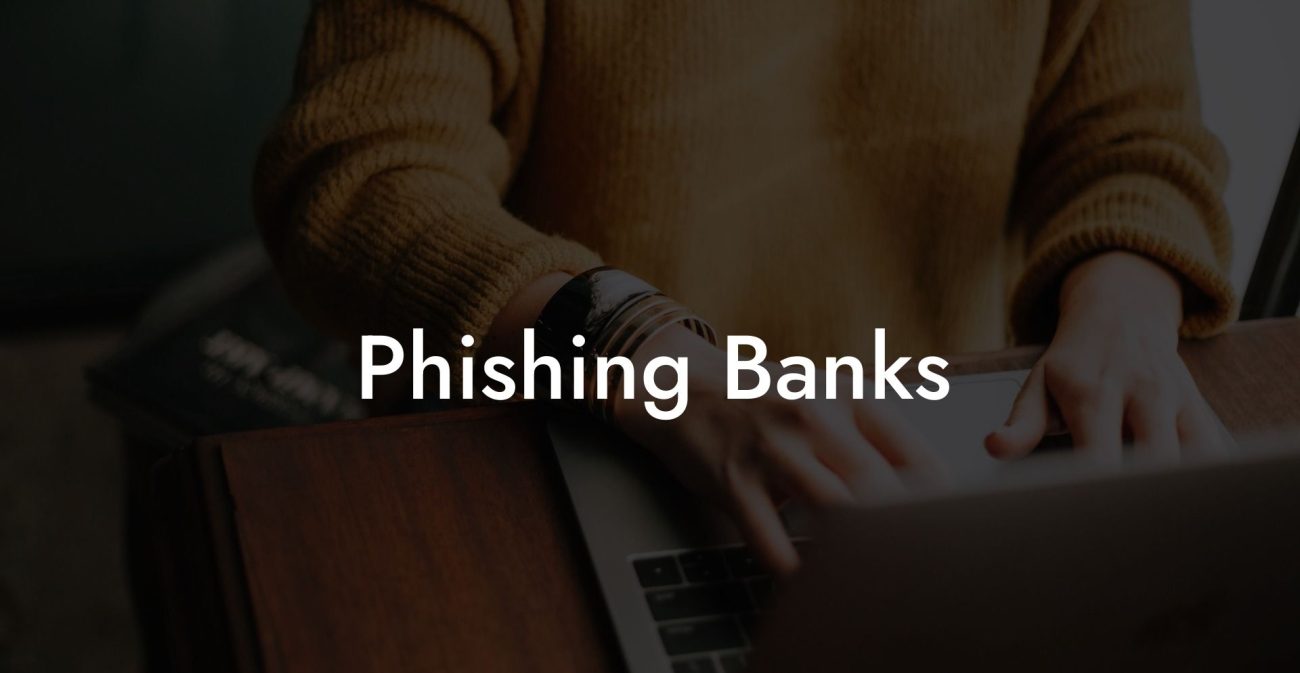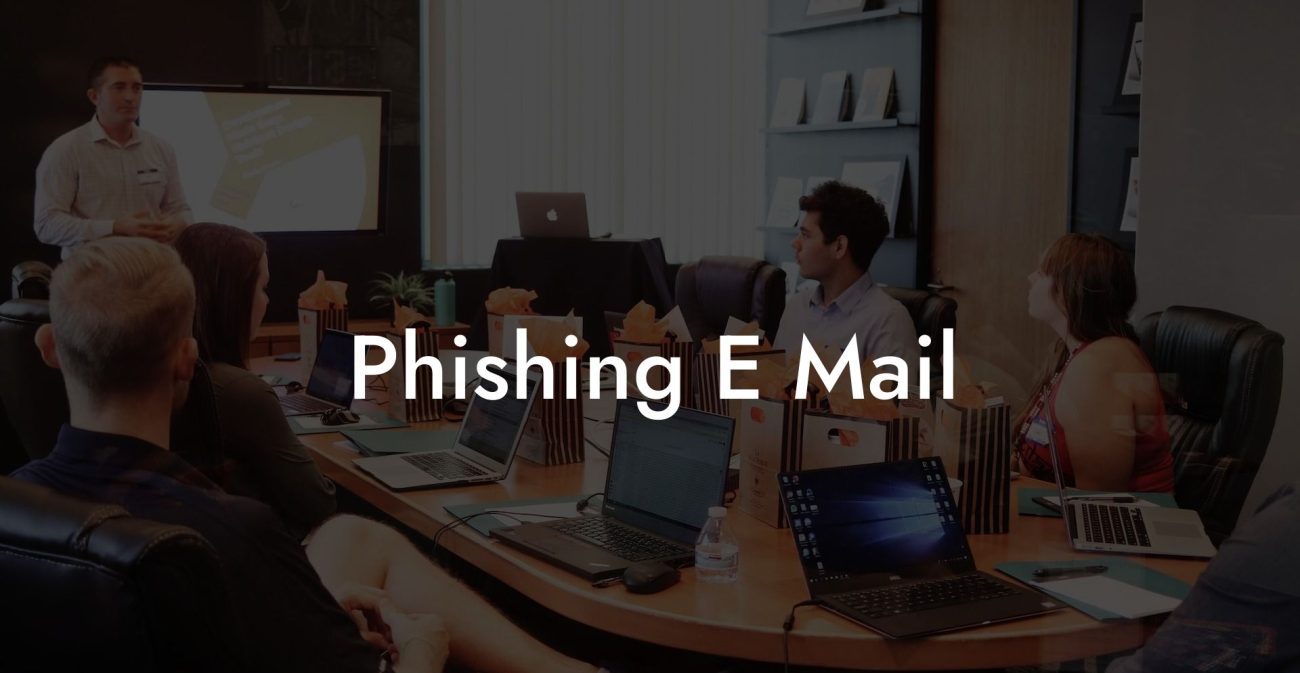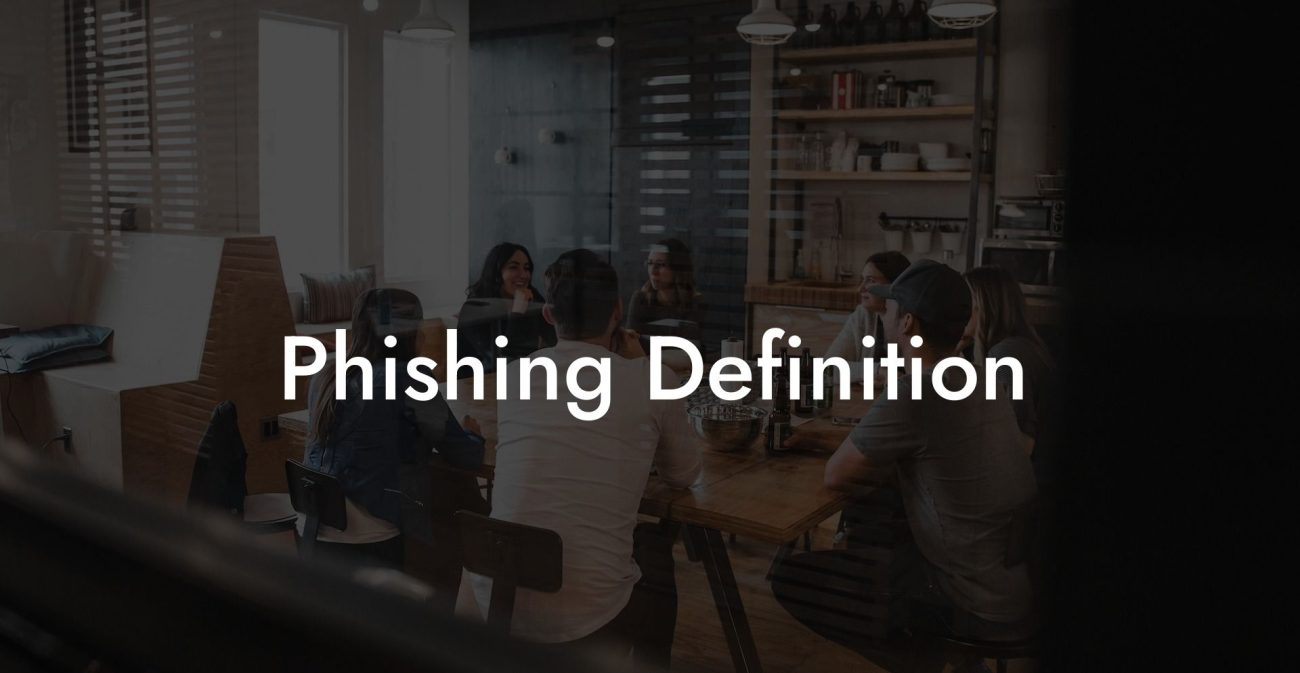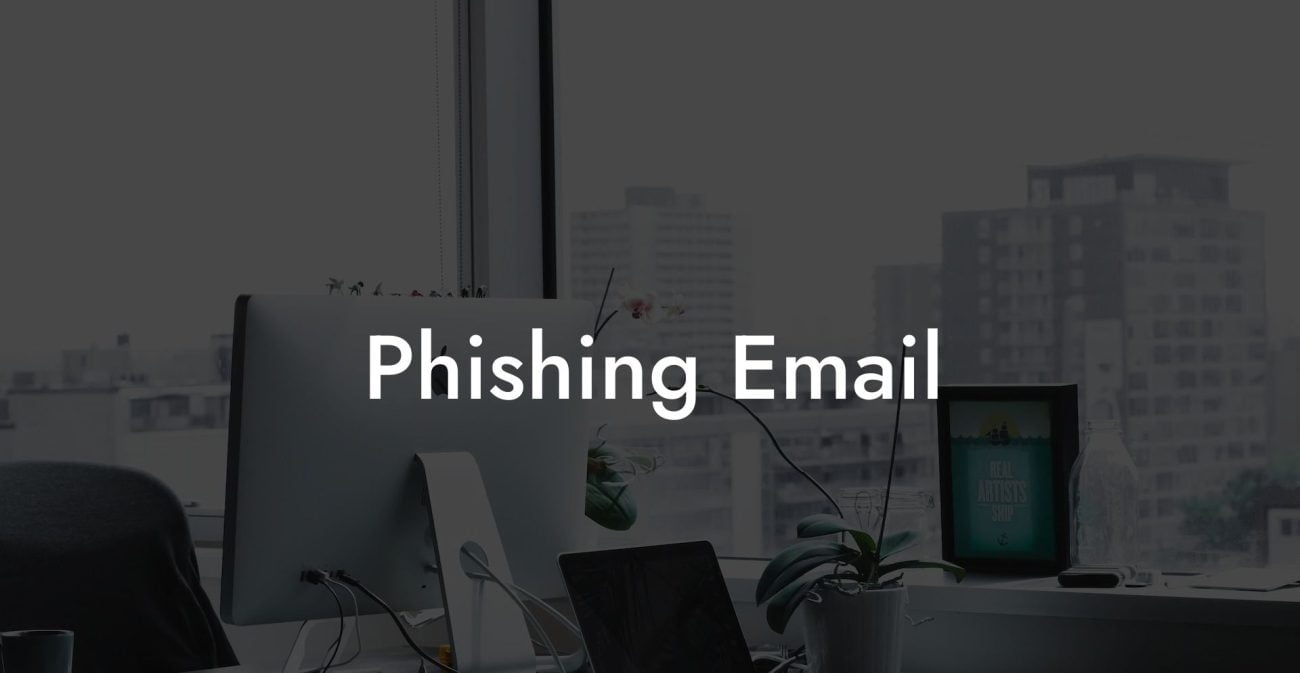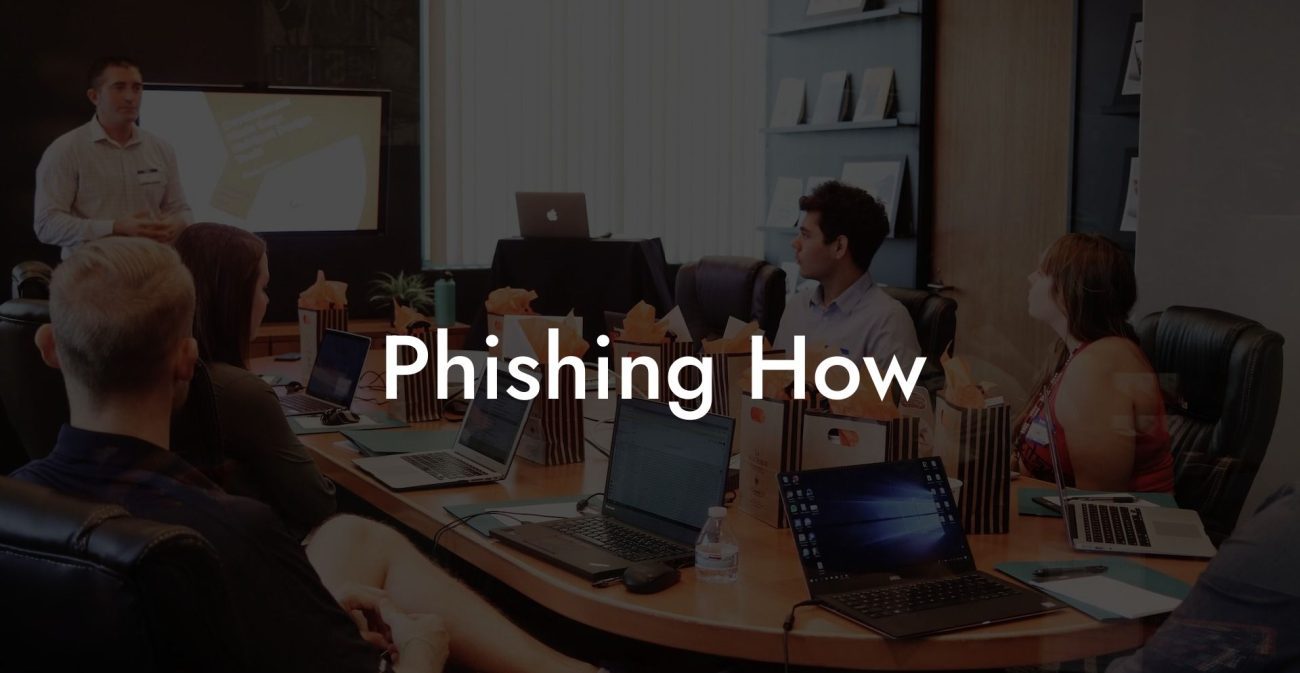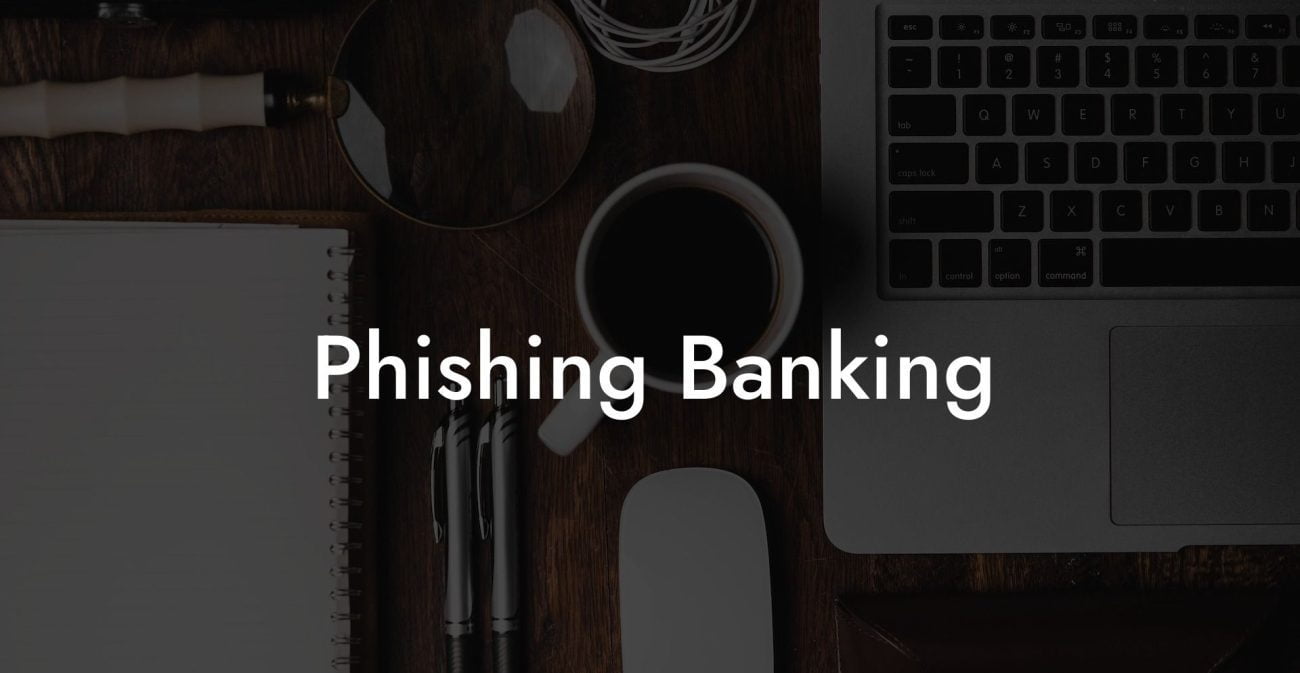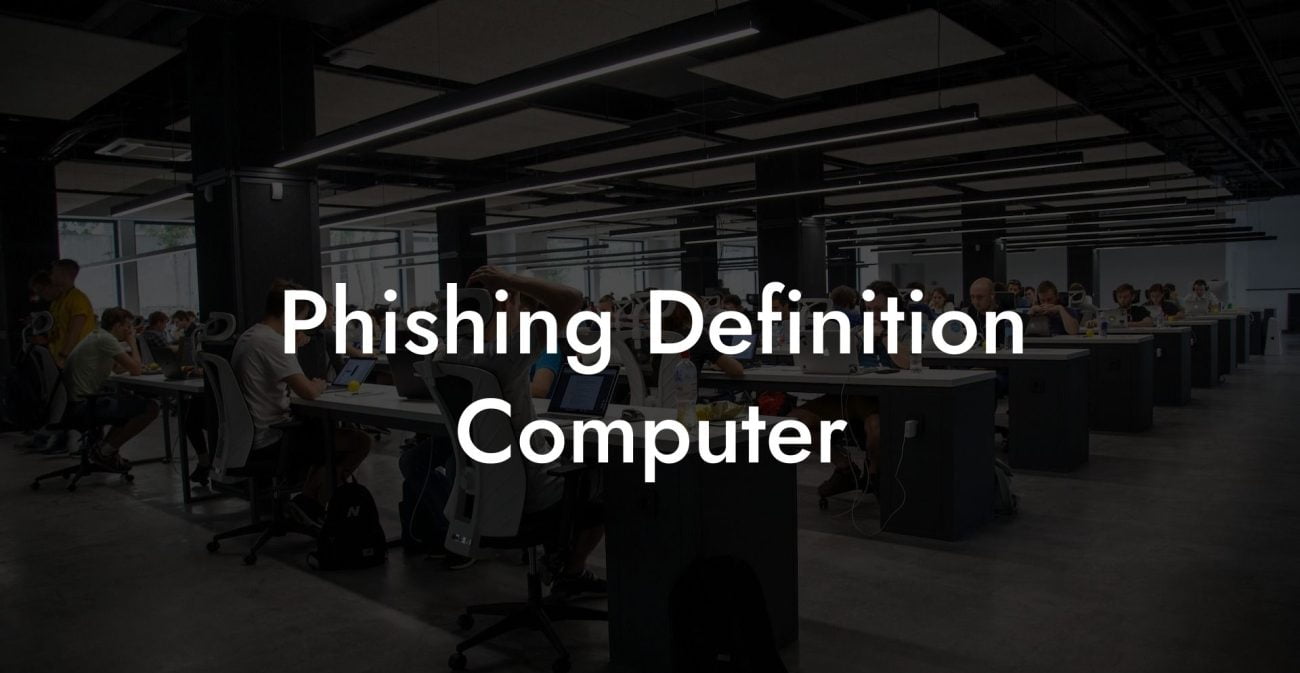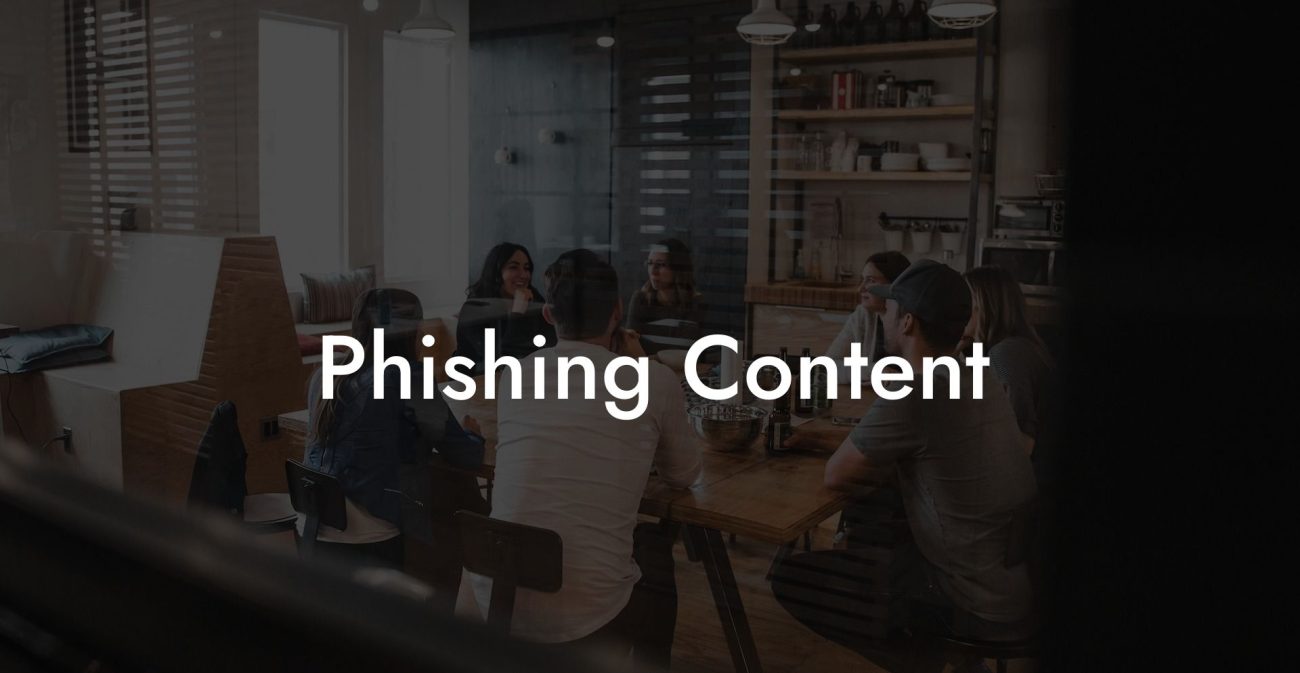A digital world full of seamless connectivity and instant communication comes with its fair share of malicious exploits. Voice Phishing, or better known as "vishing," is a rising threat that targets unsuspecting victims through deceptive phone calls in attempts to extract sensitive personal and financial information. But to truly understand and protect against vishing, we must first explore the broader term of phishing, where it all started.
Origin Of Phishing Table of Contents
A Deeper Dive into Digital Deception
Join us on a captivating journey through the origin of phishing, the evolution of its distinct techniques, and how knowing its history can be instrumental for defending yourself and others against these cyber threats. Our comprehensive guide will arm you with knowledge and provide actionable tips on security practices and vigilance.
The Emergence of Phishing
Protect Your Data Today With a Secure Password Manager. Our Top Password Managers:
Phishing as a concept isn't a new phenomenon. Actually, its roots can be traced back to the earliest days of the internet in the late 90s. It all started with AOHell, a software toolkit designed for exploiting America Online (AOL), the then-giant in internet services. This customizable program allowed hackers to steal user passwords, set up mass-mailers, and create fake accounts for carrying out their nefarious activities.
In 1996, the term "phishing" was introduced in a hacker publication called "2600: The Hacker Quarterly." By the end of the 90s, phishing activities had evolved to more sophisticated methods, including the use of social engineering. Cybercriminals were impersonating AOL employees, posing as legitimate websites, and sending out mass-emails to trick users into divulging their sensitive information.
A Deeper Dive into Digital Deception
As the internet continued to grow, phishing attacks became more elaborate, and hackers refined their techniques. Web forgery emerged as a popular tactic, where fraudsters created counterfeit websites to deceive users into thinking they were inputting their login credentials on legitimate sites. Alongside these phishing campaigns, the use of Trojan horses, keyloggers, and other forms of malware escalated.
Origin Of Phishing Example: Nigerian "419" Scam
By the early 2000s, various phishing scams plagued the digital landscape, and one notorious example, the Nigerian "419" scam, remains infamous to this day. The fraudsters, primarily from Nigeria, reached out to victims via bogus email campaigns or phone calls, offering them tantalizing business propositions. Often disguised as local government officials or wealthy benefactors, these scammers lured their targets with promises of enormous financial gains, once they provided sensitive information or sent over an initial deposit. Despite its far-fetched nature, the scam continues to thrive due to its constant influx of fresh targets and the greed and gullibility of victims.
Phishing Today and Beyond
Today's modern phishing scams are increasingly more difficult to detect, given their highly targeted nature and the growing use of machine learning and AI-powered tools. These advanced tactics, referred to as spear phishing, go beyond generic mass-email lures since they tailor specific messages to precise individuals within business organizations.
Adapting with the times, phishing also now encompasses newer techniques like vishing (voice phishing), smishing (SMS phishing), and search engine phishing (using fake search engine results to trick users into clicking malicious links).
A Call to Action: Secure, Share, and Surf Safely
Awareness is half the battle, and the other half is action. By understanding the history, evolution, and current tactics of phishing, you are better equipped to protect yourself and your organization from these persistent threats.
So go on, share our guide on the origin of phishing with your network, and encourage others to delve into the many informative articles available on Voice Phishing. Together, we can empower ourselves to be vigilant, proactive, and take control of our digital lives.
Protect Your Data Today With a Secure Password Manager. Our Top Password Managers:

